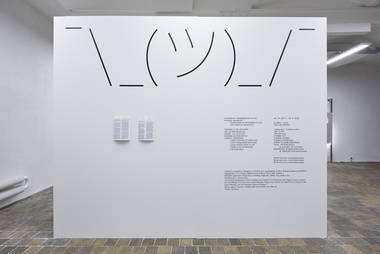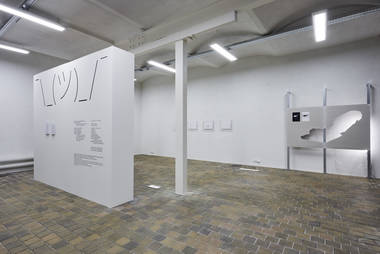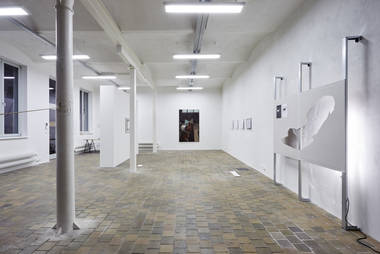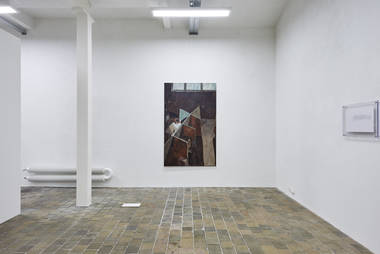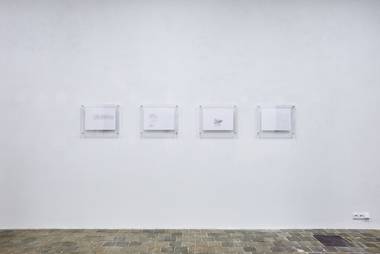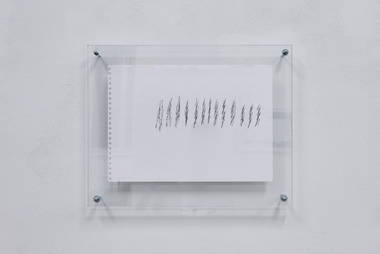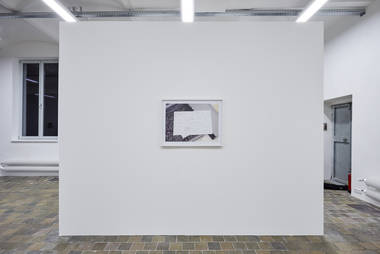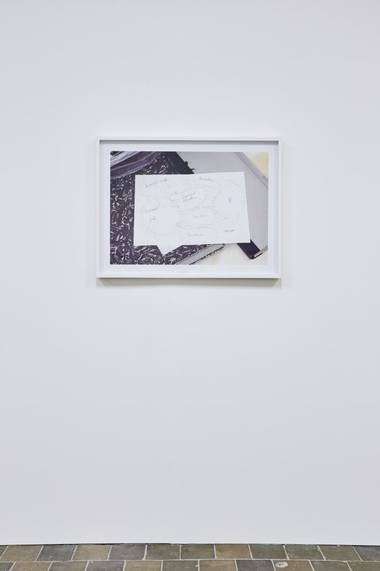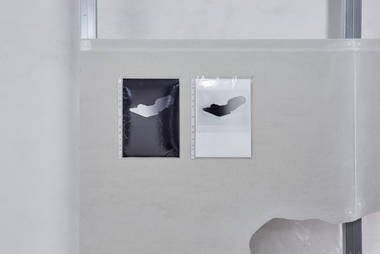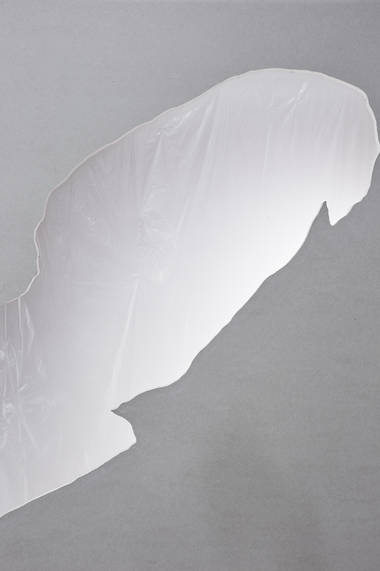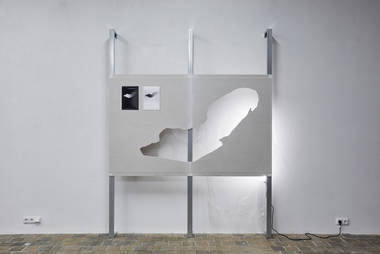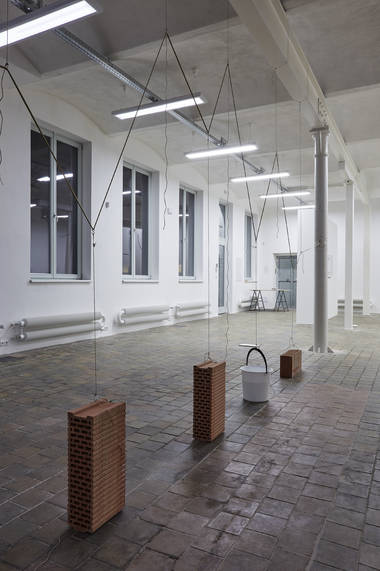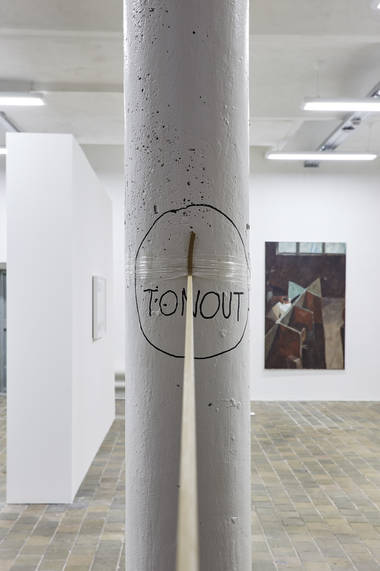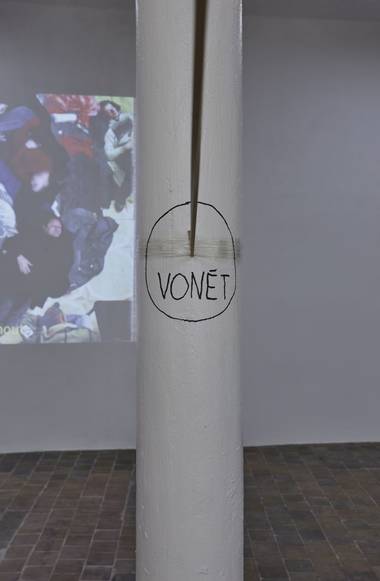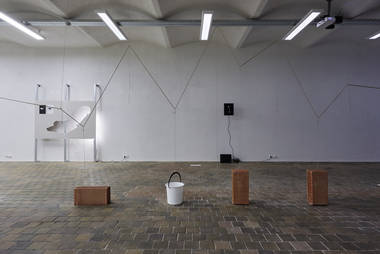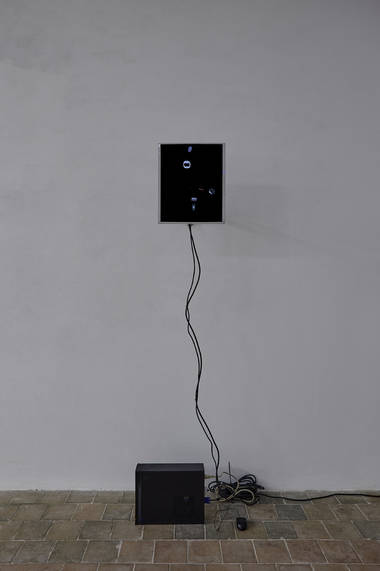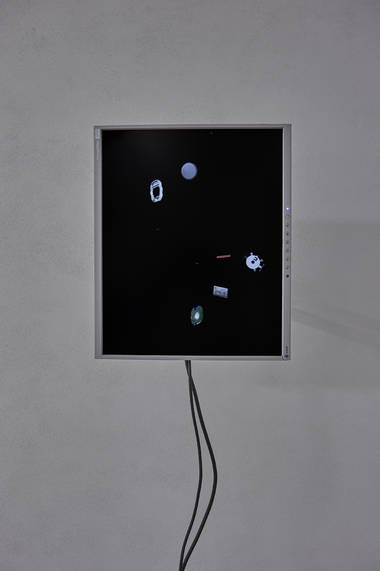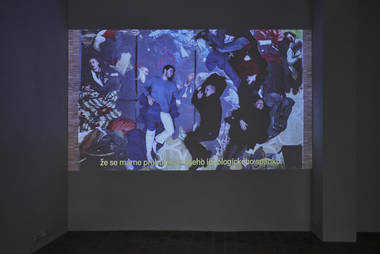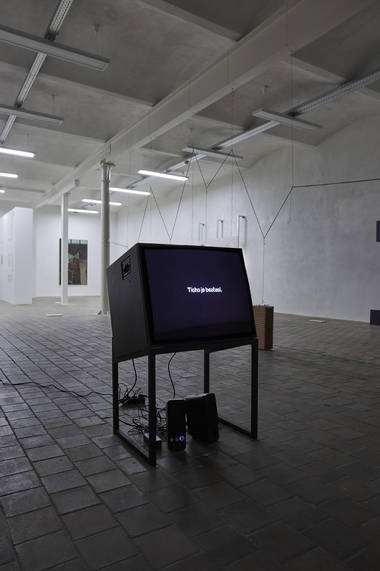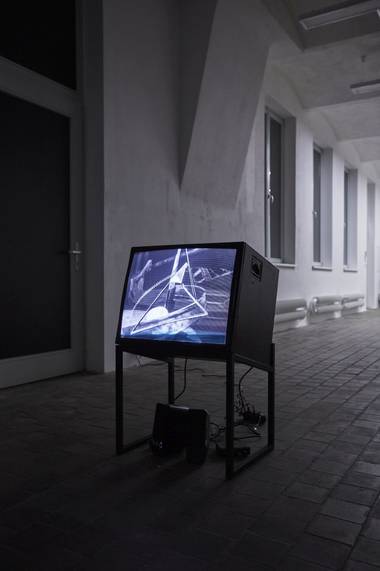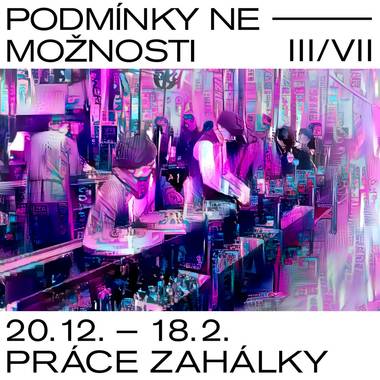Conditions of impossibility III/VII
The Work of Indolence
20. 12. 2017 – 18. 2. 2018
opening: December 19, 2018
guided tour with the curator: February 5, 2018
curated by: Václav Magid
exhibiting artists: Hynek Alt, Vasil Artamonov & Alexey Klyuykov, Anne-Claire Barriga, Barbora Kleinhamplová & Tereza Stejskalová, Jiří Skála, Tomáš Svoboda, Jiří Thýn, Tomáš Vaněk
The Work of Indolence is the third in the cycle of exhibitions Conditions of Impossibility. The first two exhibitions examined transformations in our perception of time and space.
Is a world without work a threat or a promise? And is work a form of punishment or a privilege?
According to one of the most influential narratives of modernity, work is the province of those who were defeated in the struggle for recognition because they clung too tenaciously to their animal life. In return for having their lives spared, they surrender the products of their industry to the winner. However, by processing raw matter they imprint the human form on the outside world. Work thus becomes a privilege that allows mankind to create history and forge his own essence within it. To renounce this privilege would mean being condemned to life in a world that remains alien and hostile to us forever.
Leaving aside the theoretical concept of work as the historical practice of the self-realisation of humankind, for most of us work is the main source of our feeling of alienation. Work as we know it is an intolerable process in which day after day we offer up our life force and time to another in exchange for a wage so as to ensure our physical survival. Our jobs do not fulfil us, we take no pleasure in the outcome of our activities, and we care not who buys it as we care not for human history or the fate of the planet. This transformation of self-realisation into self-denial has been interpreted as the consequence of the division of labour in a class society, and this in turn has seen hopes for the liberation of labour being pinned on the elimination of class inequality.
Culture, which used to enjoy relative autonomy within a purposeful, rational society, was supposed to provide us with both a model and proof that free creative work is possible. However, what used to be autonomy now belongs to the ranks of fables. Any trace of human life that in modern industrial societies managed to transcend alienated social relations was absorbed by them several generations ago. The culture industry has hammered the imagination into the logic of exchange, while consumerism has led to the colonisation of free time by goods and the mechanical time of production. At an early age we become accustomed to the fact that every moment of our lives must be subjected to a calculation of profit and loss. Even our sleep is controlled with the aim of extracting from the human machine the maximum output with the minimum expenditure of time and energy.
The obverse of the process by which the autonomous spheres of leisure time and culture became sectors of industry was the encroachment of cultural values into all spheres of life, i.e. the aestheticisation of the quotidian. The struggle against alienated work for the liberation of human creative forces ended in a Pyrrhic victory in which the mode of production was transformed in such a way that it found a use for creativity and individual self-realisation. Industry itself became “creative”. We are all now deemed artists operating at peak performance levels of innovation and spontaneity within the framework of a production sector to which we have completely resigned ourselves. Sometimes we find ourselves yearning for some good, old-fashioned alienated work during which we might for at least a moment switch off and not be constantly compelled to reach decisions and take personal responsibility. As well as immaterial work in the information networks of late capitalism that absorbs all our creative energy, older forms of work persist that, though still essential, nevertheless under the conditions of post-Fordism no longer have representation: manual work that is outsourced to remote parts of the world or assigned to the “losers”, and the huge quantity of unpaid work associated with reproduction and care giving.
For the moment it still seems that jobs with an element of creativity and innovation in the industrially advanced countries are the last in which humans remain irreplaceable. However, given the pace of automation, this will not remain the case for long. A vision of the world is taking shape in which there is no room for human work. Some believe this is not a threat but an opportunity and that full automation will finally allow us to rid ourselves of the entrenched idea that income is remuneration for denying ourselves in work. When we liberate ourselves from the necessity of wage labour for the sake of survival, we shall at least have time, if we so wish, to devote to the free activity of self-realisation. However, in a world in which human labour is no longer the driving force of history, this activity will probably not consist of much more than individual divertissements without any impact on the defining conditions of life.
Václav Magid
(transl. Phil Jones)
Cursor Gallery is suported by MKČR, Magistrát hl. m. Prahy, Státní fond kultury ČR, MČ Praha 7
Media partners: Artycok.tv, ArtMap, jlbjlt.net, UMA: You Make Arthttp://www.youmakeart.cz/cs/
